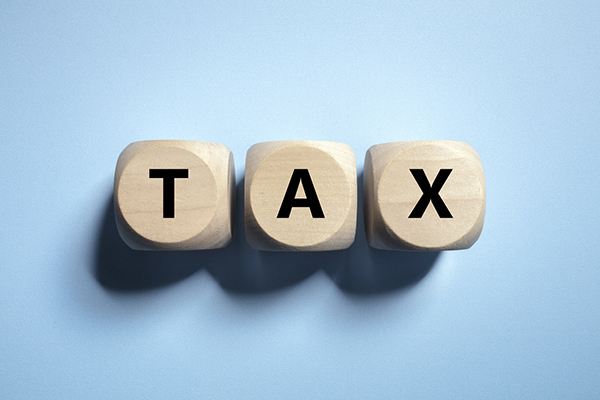More people are paying higher tax – but there are ways to take back control
The latest figures from HMRC show that millions more people are now expected to fall into higher-rate tax bands, a jump of nearly two-fifths compared to 2022-23.
27th June 2025 11:43

The latest figures from HMRC show that over seven million people are now expected to fall into higher-rate tax bands, a jump of nearly two-fifths compared to 2022-23. But while the numbers might feel worrying, Camilla Esmund, Senior Manager at interactive investor, the UK’s leading flat-fee investment platform, says it’s also an opportunity to take a closer look at how to make your money work harder.
- Invest with ii: SIPP Account | Stocks & Shares ISA | See all Investment Accounts
“It’s easy to feel like you’re losing ground when your salary goes up but so does your tax bill. This is what we call fiscal drag – where tax thresholds stay frozen but wages rise with inflation. People are pulled into higher brackets without necessarily feeling any better off. But there are practical steps everyone can take to take back control of their financial future.
“Making the most of your pension is a great way to claw back income tax and can even keep you below the higher-rate threshold. For higher-rate taxpayers it only costs £60 to pay £100 into your pension, whereas basic-rate taxpayers pay £80 to make a £100 contribution.
“However, for the thousands crossing the higher-rate threshold for the first time, understanding the rules is crucial. Some pension schemes, like SIPPs, only pay 20% relief automatically, you have to claim the rest through your tax return or by writing to HMRC. Thousands of higher-rate taxpayers lose out each year by missing this key detail.
“When it comes to your broader finances, you can’t always control tax thresholds or the pace of inflation, but you can choose how you save and invest – and that can make a real difference over time. Whether you’re new to investing, or a seasoned pro, maximising the use of Individual Savings Accounts (ISAs) and Self-invested Personal Pensions (SIPPs) is vital. As protective layers for your money, ISAs and SIPPs each have their own set of benefits (and make sure you’re picking the right ones for you), but investments held in these accounts will be shielded from tax, and this helps grow your money over the long term. Even small, regular contributions can build up significantly over time, especially when invested.
“Investing can feel daunting, but it’s one of the best ways to grow your money in the long run. Cash savings have their place, especially for short-term needs, but over time, inflation can eat into those returns. That’s why it’s worth considering the markets – especially if your goals are at least five years away.
“We want people to feel empowered, not overwhelmed. With the right tools and a bit of planning, you have a much better chance of feeling in control. It’s about taking small, thoughtful steps that build towards a stronger financial future.”
These articles are provided for information purposes only. Occasionally, an opinion about whether to buy or sell a specific investment may be provided by third parties. The content is not intended to be a personal recommendation to buy or sell any financial instrument or product, or to adopt any investment strategy as it is not provided based on an assessment of your investing knowledge and experience, your financial situation or your investment objectives. The value of your investments, and the income derived from them, may go down as well as up. You may not get back all the money that you invest. The investments referred to in this article may not be suitable for all investors, and if in doubt, an investor should seek advice from a qualified investment adviser.
Full performance can be found on the company or index summary page on the interactive investor website. Simply click on the company's or index name highlighted in the article.
Important information: Please remember, investment values can go up or down and you could get back less than you invest. If you’re in any doubt about the suitability of a Stocks & Shares ISA, you should seek independent financial advice. The tax treatment of this product depends on your individual circumstances and may change in future. If you are uncertain about the tax treatment of the product you should contact HMRC or seek independent tax advice.